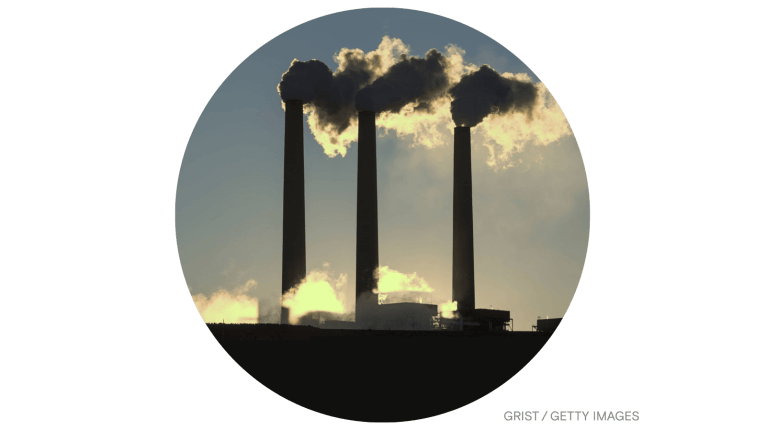It’s Thursday, February 3, and states took significant action to cut emissions in 2021.
When President Joe Biden introduced his vision for a $2 trillion green spending package last March, there was hope that the United States would finally pass significant climate legislation. That still hasn’t happened — but in the absence of federal leadership last year, states continued making progress to curb carbon emissions.
A new progress report from the American Council for an Energy-Efficient Economy, highlights new state laws passed all over the country in 2021 that promote energy savings, encourage switching from fossil fuels to clean electricity in buildings and transportation, and advance equity along the way. Improving efficiency is essential for meeting climate goals because it helps reduce strain on the electric grid as more and more parts of our lives — like buildings’ heating and cars — are powered by electricity instead of fossil fuels.
The report notes that new laws passed in Colorado, Minnesota, and Illinois reformed those states’ energy efficiency policies for buildings in ways that don’t just incentivize energy savings, but also encourage or require utilities to develop programs to help customers switch to electric heating. Several states increased their funding for energy-saving improvements and repairs in low-income homes and schools. Five states, plus Washington, D.C., also adopted new energy- and water-saving energy efficiency standards for household appliances.
On the transportation front, California and New York took steps to phase out gasoline-powered cars by 2035. Several states also adopted policies that follow California’s Advanced Clean Trucks rule, promising to move to zero-emission trucks by 2035. Washington state, which created a new low-carbon fuel standard, will reinvest revenues from the program to help low-income residents access electric vehicles.
Despite plenty of progress on paper, the success of these programs depends on what comes next. States are “adopting promising new laws that can reduce harmful pollution and create thousands of clean energy jobs, but they need to vigilantly implement them,” said Weston Berg, lead author of the report, in a statement.
In the news
Europe labels nuclear and natural gas as sustainable investments
Monika Pronczuk, The New York Times
➤ Read more
Biden officials push to hold up $11.3 billion USPS truck contract, citing climate damage
Anna Phillips and Jacob Bogage, The Washington Post
➤ Read more
US to modernize, speed up work on Puerto Rico power grid
Dánica Coto, AP News
➤ Read more
New England senators ask Biden admin to study economic impacts of offshore wind plans
Zack Budryk, The Hill
➤ Read more
FWS proposes habitat for rare flower in path of lithium mine
Jael Holzman and Michael Doyle, E&E News
➤ Read more
Calling all fiction writers!
Submissions are now open for Imagine 2200: Climate Fiction for Future Ancestors, the second annual climate fiction contest from Fix, Grist’s solutions lab. The contest calls for short stories of 3,000 to 5,000 words that envision the next two centuries of equitable climate progress. The top three winners will be awarded $3,000, $2,000, and $1,000 respectively, and nine additional finalists will each receive $300.
Imagine 2200 invites cultural authenticity, rich characters with intersecting identities, and stories that reach far beyond the status quo to envision truly just, decolonized futures. Learn more here!

